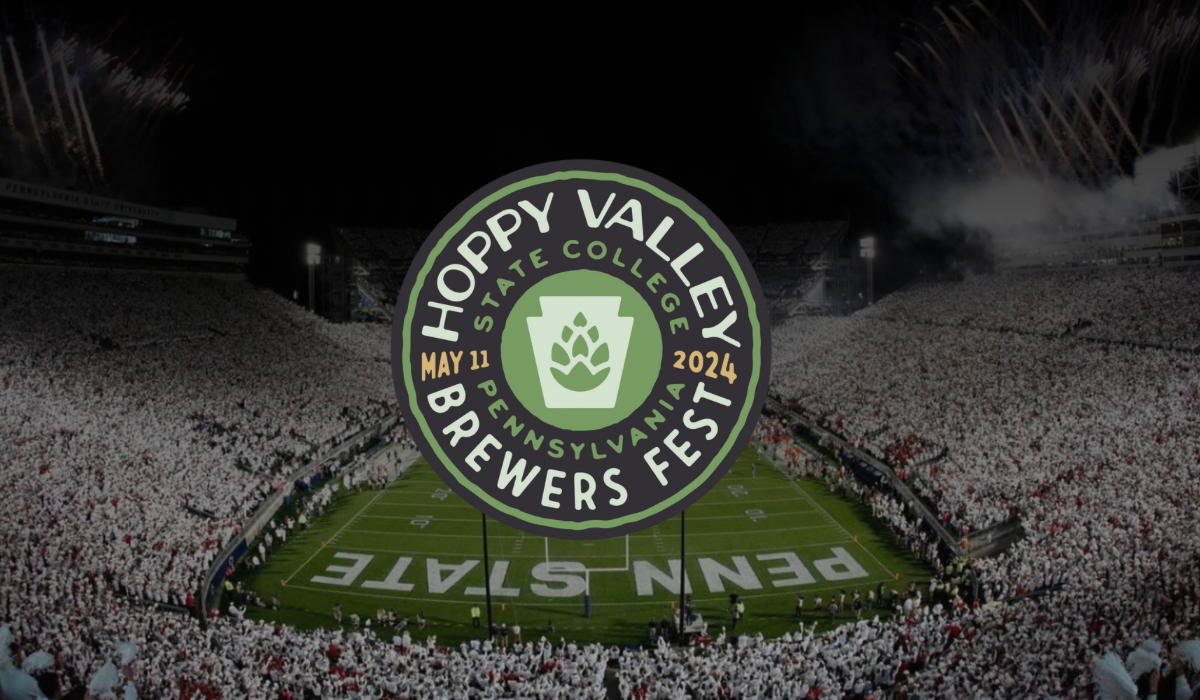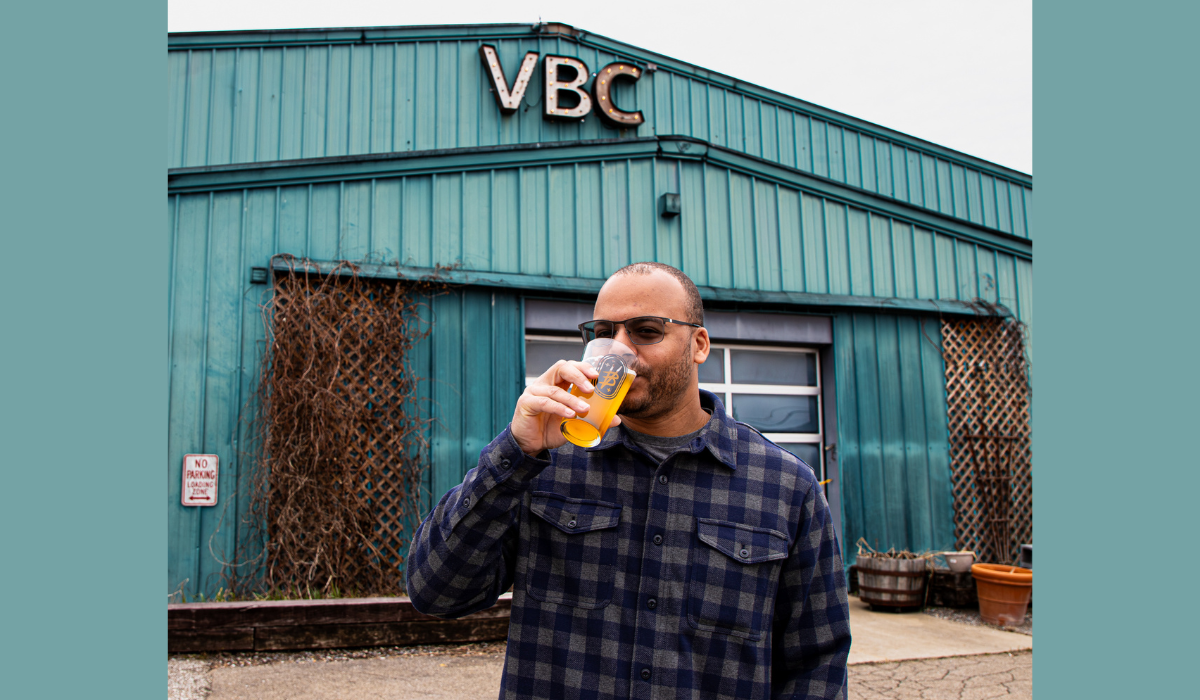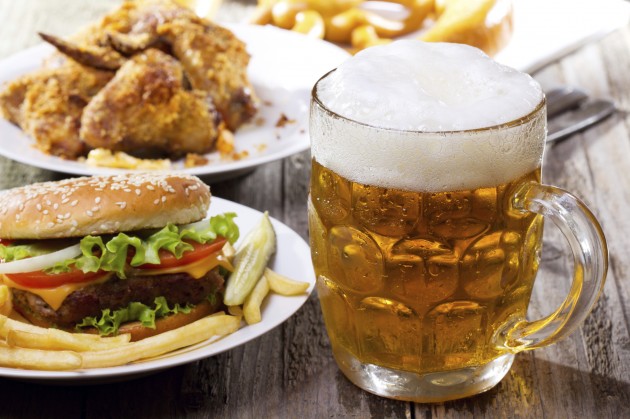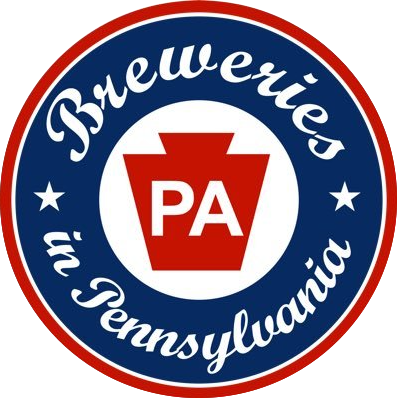As you may have seen the government shutdown is starting to creep its way into the beer industry. There is a lot of talk out there of what exactly this shutdown means for craft beer lovers everywhere. Instead of speculating, we went to an expert in this area to help breakdown how this impacts the beer industry.
We recently sat down with Matt Andersen of Norris McLaughlin, P.A. located in Allentown. Norris McLaughlin counsels and advises many businesses in the alcohol manufacturing and retail industries.
Here is our conversation with Matt:
BiPA: There’s a lot of talk about no new beer releases. What does that mean? Can beer still be produced, just not released in cans?
Matt Andersen (MA): There are many factors to take into consideration when answering these questions. Initially, the TTB requires a Certificate of Label Approval (“COLA”) for all new beer entering interstate commerce (aka being sold across state lines). This is important because, due to the shutdown, the TTB is not reviewing or issuing new COLAs. Many would assume that a brewery that strictly sells its beer within Pennsylvania’s borders would not need a COLA. However, that is not the case when you look at the Pennsylvania Liquor Code and Pennsylvania Liquor Control Board (“PLCB”) regulations. Every brand of beer produced and sold in Pennsylvania must be registered with the PLCB, or else it cannot legally be sold and a retail outlet cannot legally purchase directly from a brewery (or wholesalers/distributors).
These registrations can take two forms: (1) direct to consumer and (2) to retail (i.e. distributors, stores, restaurants, etc.). If a brewery is planning to distribute its products to retail, it must obtain a COLA from the TTB to register its brands properly with the PLCB. Conversely, if a brewery is planning to sell its product directly to consumers, whether in its brewpub, tasting room or any additional locations, it may simply register the brand with the PLCB without a COLA and it will only be permitted to sell directly to consumers for on or off premises consumption. Ultimately, many breweries want the comfort and protection of having a COLA prior to selling any of their products, but this is a form of registration to get new brands to brewery customers during the shutdown.
One major issue not discussed above is TTB formula approval. Some, but certainly not all, styles of beer produced by breweries require formula approval from the TTB. This requirement is not impacted regardless of whether the beer is sold within state lines or only in the breweries taprooms. It is a function of the Internal Revenue Code and is not controlled by the beer entering interstate commerce. Formula approval, if required, must be completed prior to producing a beer for sale. If a new brand requires formula approval, it will not matter if the PLCB requires a COLA to sell the brand or not, because it is a federal requirement and outside the scope of the PLCB regulations.
BiPA: How does the shutdown impact beer sold in breweries, if any?
MA: As stated above, it will not impact beer sold in breweries, so long as that beer is only being sold directly to consumers or that beer does not require formula approval.
BiPA: How does the shutdown impact beer sold outside of the brewery?
MA: This will be where the largest effect of the shutdown impacts breweries, and the industry as a whole. If the beer is being sold outside of a brewery, it is in the distribution channel and being sold to retail. Unless a brewery was proactive prior to producing a new beer by obtaining a COLA or formula approval prior to the shutdown, (or had enough time to plan for a release, which is not something many small breweries can take advantage of) the brewery will not be able to get a COLA or formula approval. Due to that, a COLA or formula approval were obtained prior to the shutdown, there will be no new beer (wine, cider or spirits as well) coming to your local distributors, retail stores, restaurants or other breweries that carry different brewery’s products.
BiPA: How does the shutdown apply to self keg distribution for new beer?
MA: Keg distribution to consumers is fine without a COLA but it must be registered with the PLCB. If the brewery is self-distributing kegs to retail, they must have a COLA to register their brand properly with the PLCB. Most of the issues around this relate to new beer, as any beer a brewery was selling/distributing previously should have a COLA or formula approval, if required, and be registered with the PLCB.
BiPA: In laymen terms, how does the shutdown impact breweries?
MA: In laymen’s terms, the breweries will be stuck in the status quo. There will be no new brewery permits (meaning no new breweries opening unless approved before the shutdown), there will be no new beer entering the market (unless sold directly to consumer or approved prior to the shutdown and not requiring formula approval as discussed above), and there will certainly be a backlog of applications for approval of labels, formulas and permits once the shutdown is over. Prior to the shutdown, a COLA was taking about 10-12 days to acquire (although the TTB website currently lists 44 days), 4-5 days to acquire formula approval, and 85 days to acquire approval of a permit application. Unfortunately, these waiting times are longer than they were in January of 2018, and that should only get worse after the shutdown while the backlog of applications is processed.















